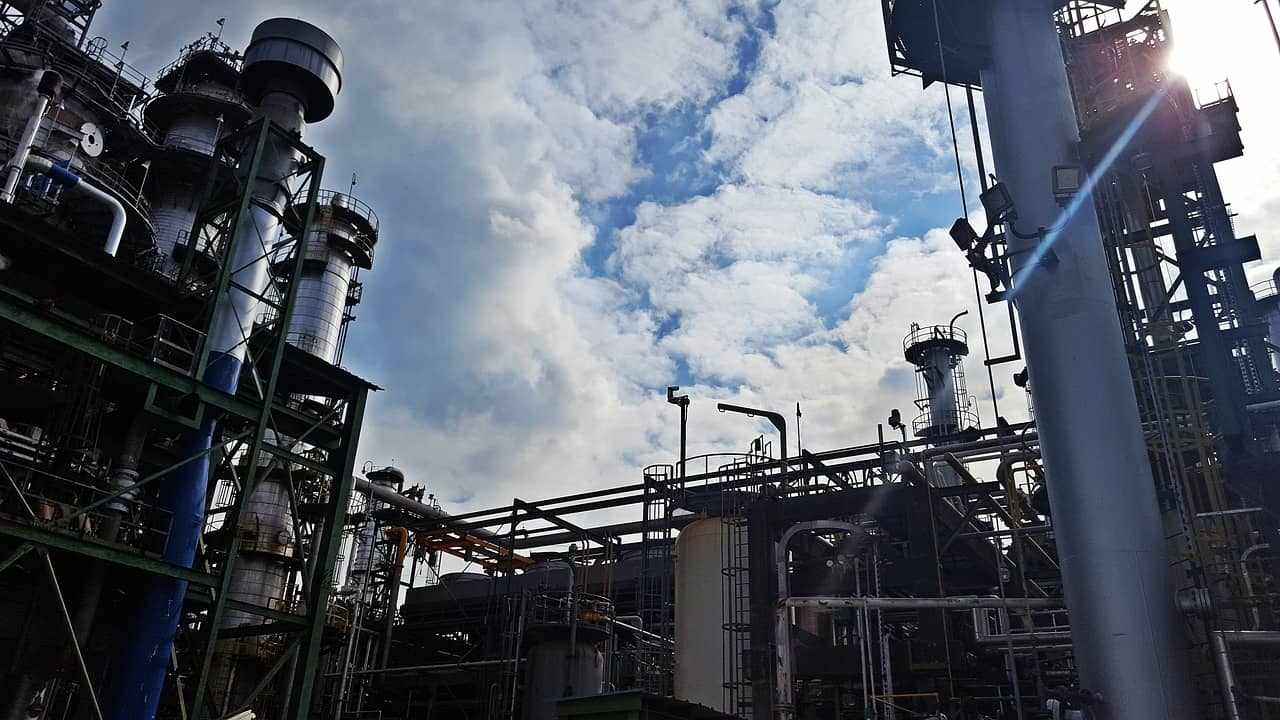

Thailand's trade traffic has been gradually getting busier as the global economy recovered, bringing more than USD 20 billion into the country's barrier in February 2021 alone.
Although the government has not yet positioned itself to its pre-pandemic level, exports in the petrochemical sector have become a few that rise above-average performances.
Thailand's recovery coincides with the upward revision outlook of the global economy by the Organization for Economic Cooperation and Development (OECD) to 5.6 percent from an earlier estimate of 4.2 percent.
Thai forecasts expansions on three significant groups: agriculture and food-related products, work-at-home products and home appliances, and medical goods. The demands for said groups would mean a substantial boost in the nation's petrochemical sector.

The strong rebound of the petrochemical sector has become the highlight of Thai's export scene since the second half of 2020, albeit at a varying pace to climb from the pandemic-induced crisis early last year.
The sector expects to generate better performance this year alongside the rallying product prices.
However, the pace of rebound for Thai's petrochemical companies is likely to be modest. It faces challenges from the oversupply in the market and slow demand growth in the global end-markets.
Vaccinations rollout and the wake of industrial activities might help the sector survive, but the end-consumer market would be the critical driver of petrochemical performance this year. To date, the export of industrial products is still well 4 percent below the previous year, with the exclusion of oil-related products to rise over 14.8 percent year-on-year.
Most petrochemical firms now heavily rely on their polyethylene terephthalate (PET) business to regain their profit. Others who pursue higher exposure to integrated petroleum and petrochemicals producers can benefit from more robust margins.
The demands will come from the rising interest in disposable food packaging and hygiene products as consumer behaviors shift to health and hygiene preference. PET bottle sales will also recover as people end their work-from-home period.
Moreover, the downstream automotive and construction sectors also expect to benefit from the rebound of polypropylene (PP) products.
Thailand needs to overcome the existing oversupply from China if it were to grow exponentially in 2021.
Other alternatives require Thai refinery and petrochemical companies to diversify their businesses into specialty chemical business fields and high-end products that have proven to be more resilient to consumer end-market demand during the volatile downturn.
Japan's Nomura Global Markets Research has stated its optimistic perspective towards Thai's petrochemical sector, with an outlook of 15 percent increase in prices on an average basis.
The research cautiously views olefins hinges on excess capacity expansion in the US and China driven by cheap feedstock and attempts at self-sufficiency.
Despite its efforts to diversify its businesses and detaching itself from the more volatile fields in the industry, Thai's petrochemical sector will likely rise.
Global demands would drive up the sales of both domestic and export petrochemical products as the vaccinations have covered most global citizens, allowing public spaces and regular activities to open once again.

Exploring the Digital Health Competitive Landscape in Thailand
Thailand has experienced significant growth in its digital health market, propelled by the government's push towards digital transformation and the rising adoption of health technologies. The market encompasses a range of digital health solutions, including telemedicine, electronic health records (EHR), mobile health apps (mHealth), and wearable technologies. These conditions create a digital health competitive landscape in Thailand.

Global Changes in Technology Roles in Companies
The global changes in technology roles are reshaping business operations and strategies. We explore these changes in this article.

Exploring Thailand's Electric Vehicle Ecosystem: Growth, Segments, and Market Players
Thailand's electric vehicle (EV) ecosystem is undergoing rapid development, marked by diverse segments experiencing substantial growth and dynamic market shifts. The positive performance of EV segments in Thailand is expected to shape the future of transportation in the country.

ASEAN EV Market: Expanding Production in Thailand
Electric vehicle (EV) adoption in Southeast Asia has gained momentum in recent years, albeit slower than in other regions like Europe and China. Indonesia boasts the largest nickel deposits globally, while Vietnam's abundant nickel reserves make it ideal for battery production. Thailand, the region's largest producer and market for EVs, offers incentives to position itself as a base for EV manufacturing. These factors provide good provisions for the ASEAN EV industry.